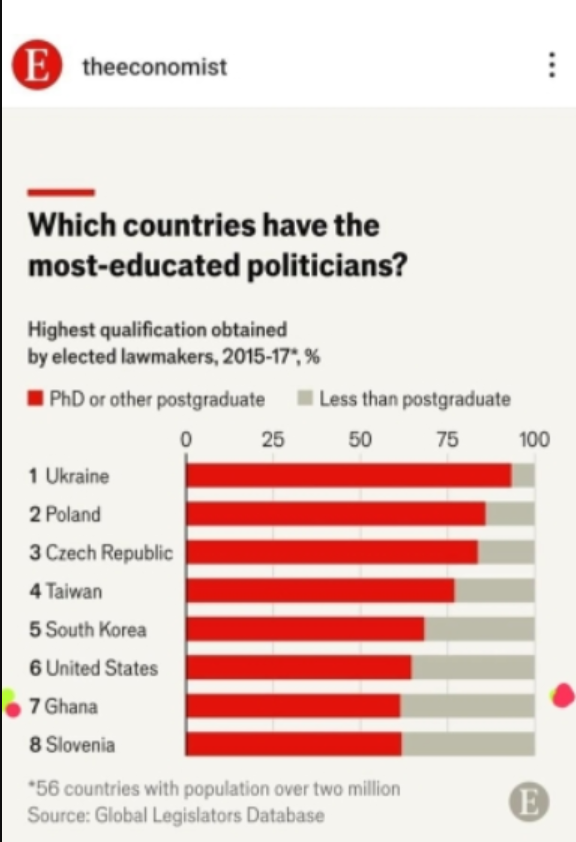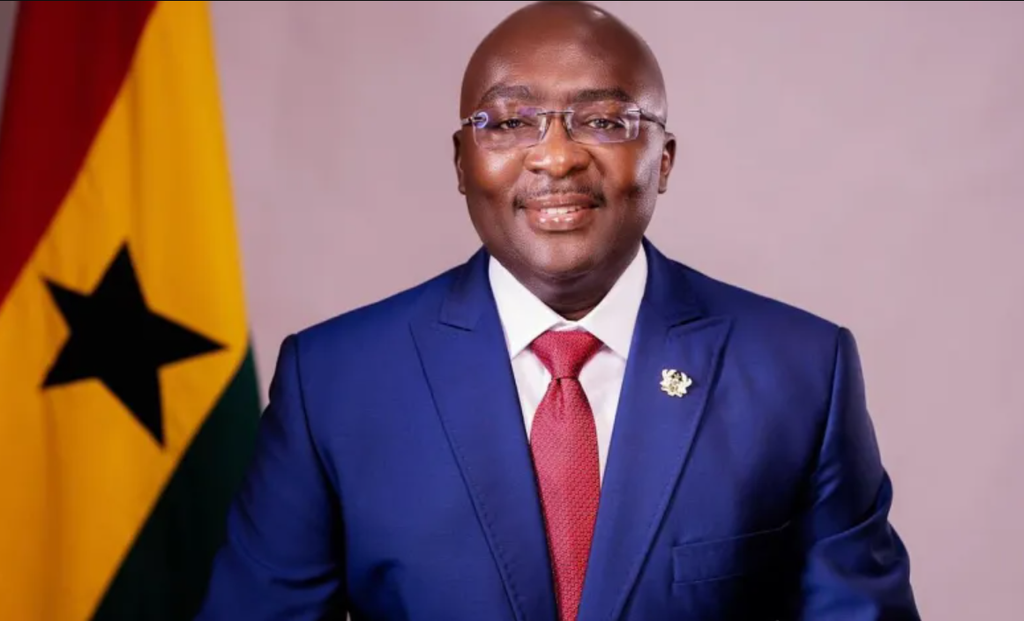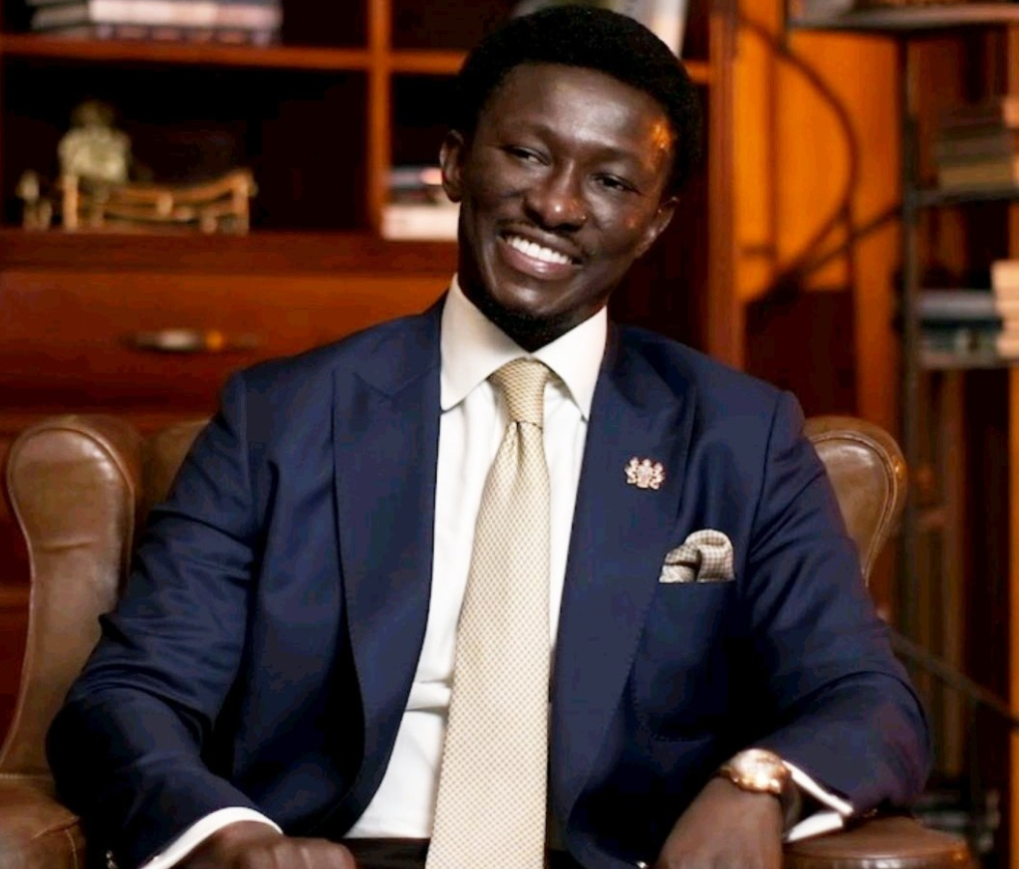Ghana ranks 7th in global list of most educated politicians
)
The article is based on two studies conducted by researchers from leading global universities, using data from 2015, 2017, and 2023. The research draws from the Global Legislators Database, which examined lawmakers from 56 countries with populations of over two million.

The study focuses on the highest qualifications obtained by elected representatives between 2015 and 2017, with a breakdown of qualifications ranging from PhD and other postgraduate degrees to those with less than a postgraduate education, presented in percentage terms.
At the top of the list is Ukraine, closely followed by Poland in second place and the Czech Republic in third.
Taiwan ranks fourth, with South Korea in fifth position.
The United States holds sixth place, while Ghana is in seventh, just ahead of Slovenia in eighth.
The report was published by The Economist.

For years, political scientists have been analysing the profiles of individuals elected to national parliaments.
They find it relatively straightforward to track metrics such as the average age of elected representatives, which currently stands at 51 globally, as well as the proportion of women, which remains at a relatively low 27%.
Examining how other traits vary among politicians in different nations has proven more challenging for them.
Nonetheless, this is addressed by two datasets released in October and November. These datasets provide valuable insights for researchers to compare the educational backgrounds of elected politicians.
The first study, conducted by researchers from six universities, collected biographical data on nearly 20,000 parliamentarians from 97 countries between 2015 and 2017. It remains the most comprehensive study of its kind. Given that the route to politics tends to remain consistent even as governments change, the data is likely to offer an accurate reflection of the current state of affairs.

The findings revealed that, on average, 78% of parliamentarians held at least a bachelor's degree, and 40% had completed postgraduate studies.
These figures are significantly higher than the global average education levels within the general population—currently 35% in wealthier nations and 15% in poorer countries. The ranking below includes data from 56 countries with populations of over two million, with coverage of at least 90% of their legislators.
Ukraine had the highest percentage of lawmakers with postgraduate qualifications, with almost a quarter holding doctoral degrees at the time the data was collected.
In Ukrainian politics, academic titles have traditionally been seen as valuable: every president since the country’s independence in 1991, with the exception of Volodymyr Zelenskyy, has claimed to hold a doctoral degree.

Even the more youthful and diverse parliament elected in 2019 saw a similar proportion of its members holding doctorates.
Other nations with a high number of well-educated legislators include South Korea, where nearly a third of lawmakers possess doctoral degrees, and the United States, where over two-thirds have completed postgraduate studies.
In contrast, countries such as Italy, Norway, and the United Kingdom have a significant number of parliamentarians with only a secondary education. For example, Sir Lindsay Hoyle became Speaker of the UK House of Commons without attending university, while Italian anti-establishment politicians Luigi Di Maio and Matteo Salvini both dropped out of university.
Second Study
The second study, conducted by researchers in Chile, surveyed 6,000 legislators across nearly 30 countries in 2023.
The findings revealed that in North and Latin America, law graduates make up the largest groups within national legislatures.
In the Nordic countries, there is a tendency for politicians to have backgrounds in social sciences, particularly in economics.

The UK, however, stands out for electing a relatively high number of legislators with degrees in the arts and humanities, such as history and classics.
But does the presence of numerous academic credentials among politicians lead to better performance? There is little empirical evidence to support this claim.
A 2015 study on the performance of U.S. Congress members over the 20th century found that those with college degrees did not serve for longer periods, pass more legislation, or secure re-election more frequently than those without higher education.

Similarly, a more recent study in Spain concluded that mayors with degrees did not perform any better than their counterparts without degrees in key areas such as reducing unemployment, balancing budgets, or attracting new residents to their cities.
The research also suggests that countries with a high proportion of lawyers in their parliaments do not necessarily benefit from a stronger rule of law.
Additionally, on a global scale, the most educated politicians tend to lose elections at similar rates to those with less formal education.
Nevertheless, it is becoming increasingly difficult for individuals without degrees to even get their names on the ballot as the trend towards formal education in politics continues to grow.
At least when it comes to education, national legislatures no longer accurately reflect the people they are meant to serve. There may be unfavorable effects from this trend.
The priorities of those who receive exceptionally costly educations are frequently different from those of the "average" person.
If citizens do not see persons who resemble them on the ballot, they are less inclined to cast a ballot. Parliaments around the world are becoming more elitist, but they are also progressively getting younger and slightly more gender balanced.
)
)
)
)
)
)
)
)
)
)
)
)
)
)
)
)
)